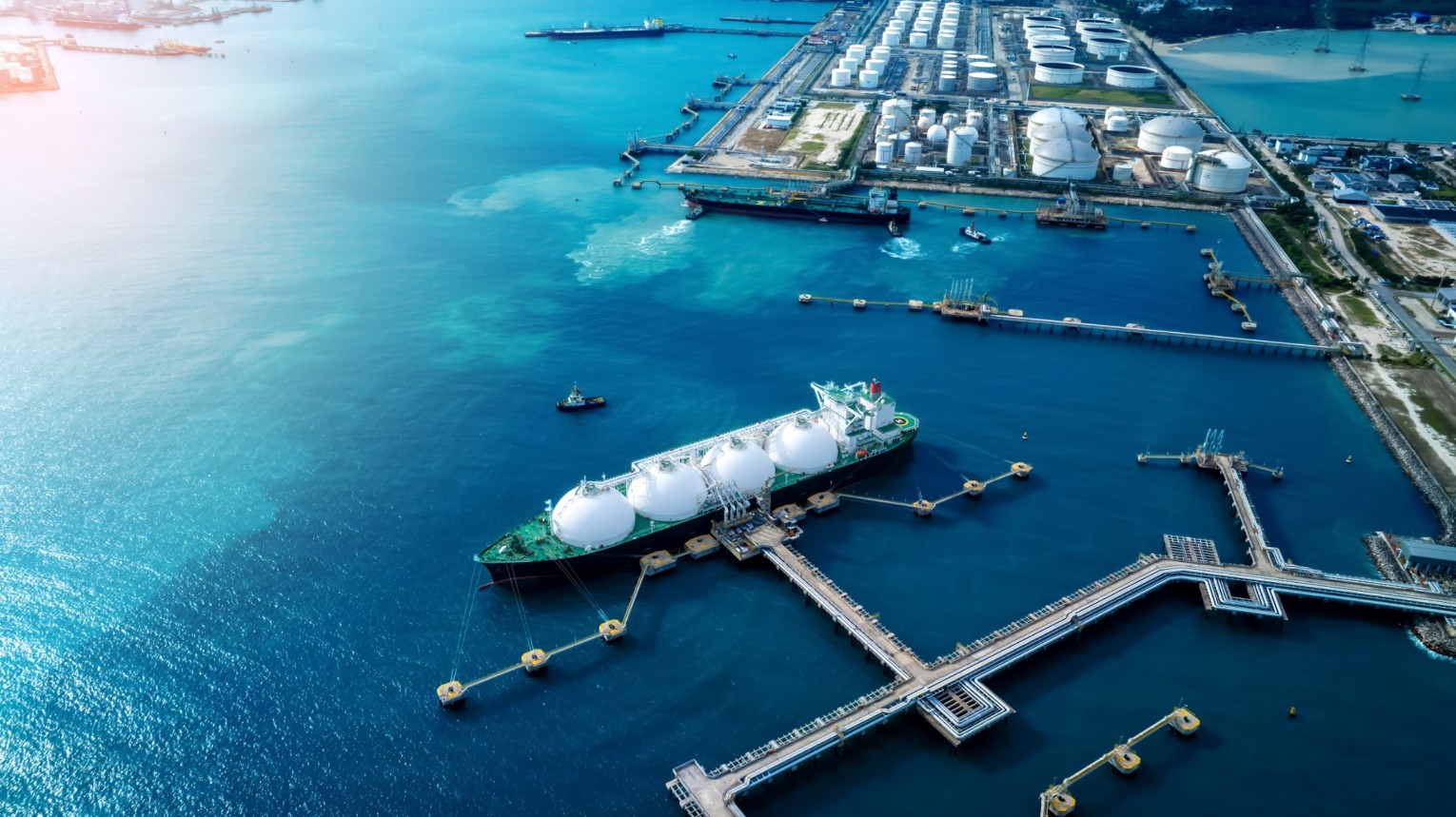Red Sea Disruption: Implications for Shipping and Trade
*This blog post is a summary of the exclusive Red Sea Report by Kpler. You can access the full report here.
The ongoing crisis in the Red Sea, particularly around the Bab el-Mandeb Strait, has significantly disrupted global trade. The escalation of tensions and attacks – like the strike on the tanker Marlin Luanda (which was carrying Russian naphtha) and the seizure of the Suezmax St Nikolas by Iran – has led to a substantial decrease in the number of bulk vessels passing through the Suez Canal: tankers are down 23% m/m, dry bulk down by 27% m/m, and LNG is down 73% m/m in February.
This situation resulted in the lowest average daily transits of bulk commodity carriers in over two years.
The macroeconomic implications of this disruption are profound. Major shipping companies like Maersk have indefinitely suspended their operations in the region, which can increase shipping costs.
This, in turn, can push up the prices of goods, particularly in Europe, due to its heavy reliance on Asian imports. The potential for rising costs of manufactured goods, ranging from clothing to furniture, is expected to escalate if the situation persists, which may lead to long-term inflationary pressures. Prices are expected to jump in March.
In the freight sector, the crisis has led to a marked decrease in tanker and dry bulk carrier transits through the Suez Canal. This reduction has significantly altered global trade flows, with a notable decrease in clean tanker transits through the Red Sea. The LNG and LPG markets have also been affected, with changes in trade routes and freight rates, although the impact has been somewhat less severe.
The crude oil market is reacting to the tensions, with oil prices trending upward overall, although Brent crude prices and WTI have fallen at the beginning of February. Crude oil routed through the Suez Canal reached 8% of global crude flows in 2023, an increase from the year prior.
The rerouting of shipments around the Cape of Good Hope (CofGH) is leading to longer transit times and potential impacts on refined product prices. The refined products market, including jet fuel, gasoline, naphtha, and diesel, is experiencing varied impacts depending on the product and region. For example, jet fuel is experiencing delays of 15-20 days due to the rerouting via CofGH, whereas diesel isn’t affected as exports from the refinery in the Red Sea do not need to pass through the Bab el-Mandeb Strait.
The flow of chemicals, biofuels, and dry bulk commodities like grains, oilseeds, iron ore, coal, bauxite, steel, fertilizer, and petcoke through the Suez Canal varies depending on the commodity. As a very low percentage of global trade flows for these commodities utilise the Suez Canal route (3.61% for bauxite, 7.70% for coal, and 3% for iron ore), they have mostly experienced minimal impact or have been rerouted to avoid the Red Sea. Only 2% of European seaborne liquid chemical imports expected in January 2024 were diverted around the CofGH.
In conclusion, the Red Sea disruption has far-reaching implications across various sectors. It highlights the vulnerability of global trade to geopolitical tensions and underscores the need for diversified trade routes and strategies to mitigate such risks. The situation demands close monitoring and adaptive responses from both the public and private sectors to navigate the challenges it presents.
Kpler’s real time commodity market intelligence tools provide significant benefits for navigating turbulent market conditions such as these. With market-leading cargo tracking, freight analytics, research and analysis, and supply and demand modelling, it becomes easier to make proactive decisions for your operations. Schedule a demo today to learn more.











